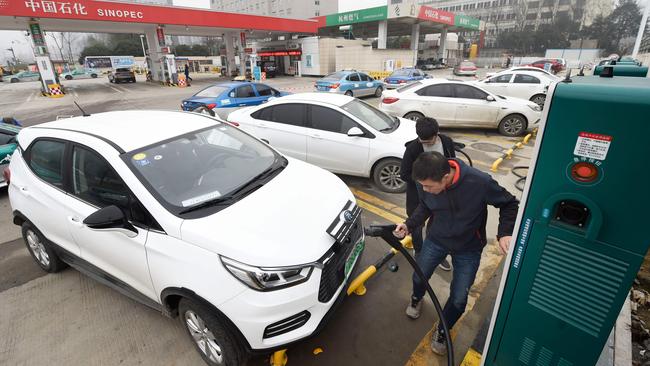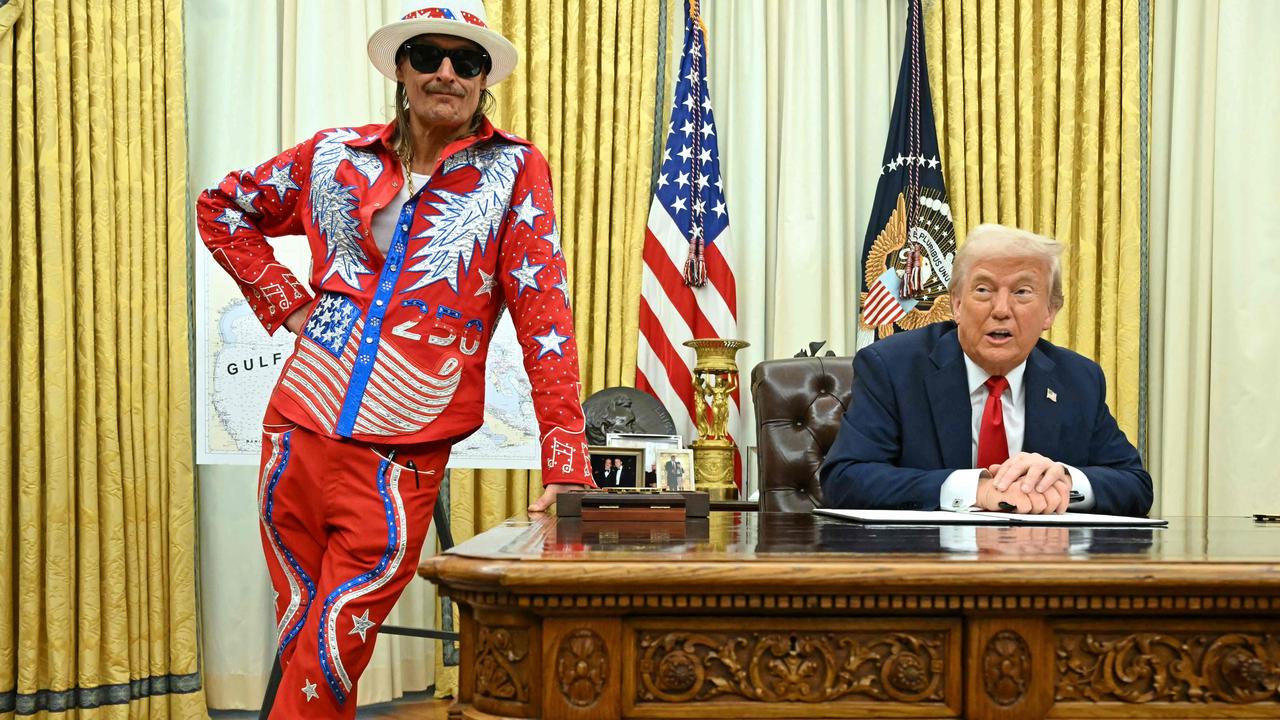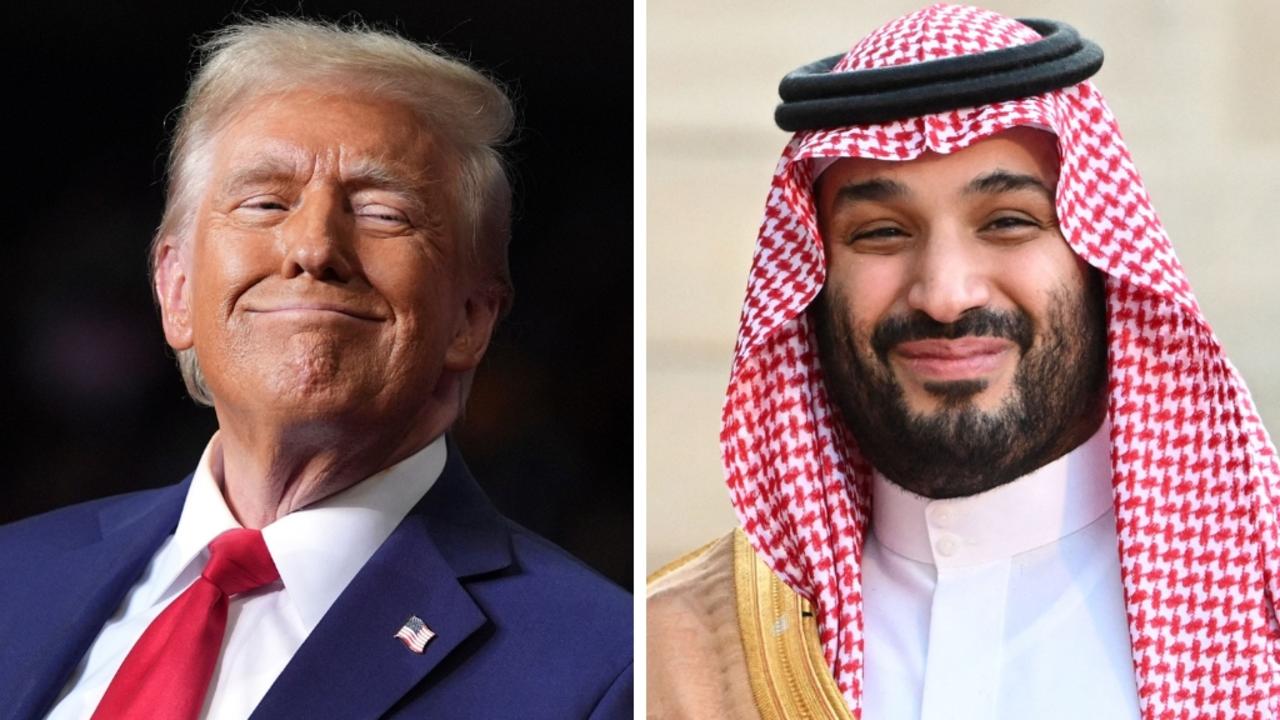China stalls in its rush to electric vehicles
The world’s fastest-growing market for electric vehicles is slowing.

The world’s fastest-growing market for electric vehicles is slowing.
In China, sales of the vehicles fell 5 per cent and 11 per cent year on year to July and August, respectively, raising fears that even in tech-hungry China, EVs could be a hard sell for many years.
“New-energy vehicles are not selling well,” said a BAIC salesman surnamed Li at a dealership in the western city of Chongqing.
“Consumers have concerns about the range, the convenience of charging and the value retention of EVs.”
China remains by far the biggest EV market, with 1.26 million sold there last year, 60 per cent of the global total. Most analysts still expect widespread adoption in the long term. But sales have sputtered during a brutal downturn in the broader car market.
Chinese vehicle sales fell for the first time in decades last year, declining 3 per cent, before dropping 11 per cent in the first eight months of 2019. While EVs initially proved resilient, they, too, have now succumbed to fragile consumer confidence.
BYD, China’s largest seller of EVs, said its EV sales fell 23 per cent in August, after sliding 12 per cent the month before, and the country’s bevy of EV start-ups was under pressure as the uptick in sales needed to become profitable failed to materialise.
NIO, one of the most prominent Chinese start-ups seeking to dethrone Tesla as the leader in premium EVs, said earlier this week that it lost $US453m in the second quarter of 2019, bringing its losses over the past two years to $US2.61bn, according to the company’s filings.
The five-year-old company’s New York-listed shares have lost more than 80 per cent of their value since March as investors cool on the Chinese EV sector, which had once been a magnet for funding. The company, which is backed by Tencent, delivered 6692 vehicles in the first half of the year, after delivering 7980 in the final quarter of 2018, underscoring its failure to build momentum.
In its second-quarter report, NIO said Tencent and William Li, NIO’s founder, would each provide $US100m ($148m) to the company, although at its current rate of cash burn that money would last about six weeks. Mr Li blamed “tempered market conditions” for the company’s plight.
Across China, dealerships desperate to shift inventory have been offering steep discounts on petrol cars, stunting EV sales.
A more critical factor has been the removal of two government props for the EV market.
The first, subsidies, helped keep the prices of otherwise expensive electric models artificially low. China spent $US58bn on direct and indirect subsidies in 2018, according to the US Centre for Strategic and International Studies.
In July the government drastically reduced subsidies, and next year it will discontinue them.
Second, the government’s resolve to promote EVs appears to have wavered in the face of the greater need to stoke economic growth. Earlier this year it told cities that had imposed limits on petrol-car purchases to loosen their restrictions to help boost general auto sales.



To join the conversation, please log in. Don't have an account? Register
Join the conversation, you are commenting as Logout